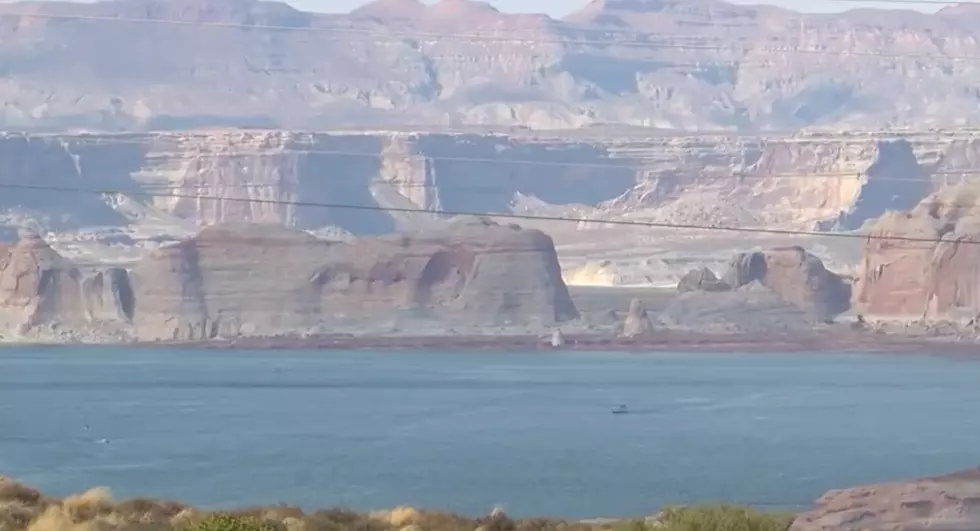State officials: Quagga mussels not considered threat to Lake Powell Pipeline
Utah officials said an invasive mussel species is not considered a threat to a proposed pipeline project.
The State of Utah and its partners said they have been dealing with quagga mussels for more than a decade and have plans in place to keep mussels from becoming an issue for the Lake Powell Pipeline (LPP).
There is some concern that the invasive mussel that has taken up residence in Lake Powell would threaten Utah’s push to develop a $1.8 billion pipeline to deliver water to fast-growing areas.
The Associated Press reported Friday that the Army Corps of Engineers asked the state to provide a plan on how it will prevent the pipeline from transporting quagga mussels from the lake on the Arizona-Utah border.
The state responded and said preliminary designs for the Lake Powell Pipeline include a filtration system, chemical mix and coating to be applied to the intake portion of the pipeline that would help prevent mussels from entering the system.
Water entering the LPP intake will be treated with an EPA and National Park Service approved molluscicide, then the water would be passed through a filter to remove biological materials, this process could be repeated at each of the four booster pump stations to stop mussels from reaching Sand Hollow Reservoir, state officials said.
The state also said fish and trash screens on the LPP intake would require periodic physical cleaning to remove adult mussels and other biological growth from the screen surfaces.
The 140-mile pipeline aims to transport water to Washington and Kane counties in southern Utah. The project requires a permit from the Army Corps on Engineers.
Story provided by our News Partners at ABC 4 News.

